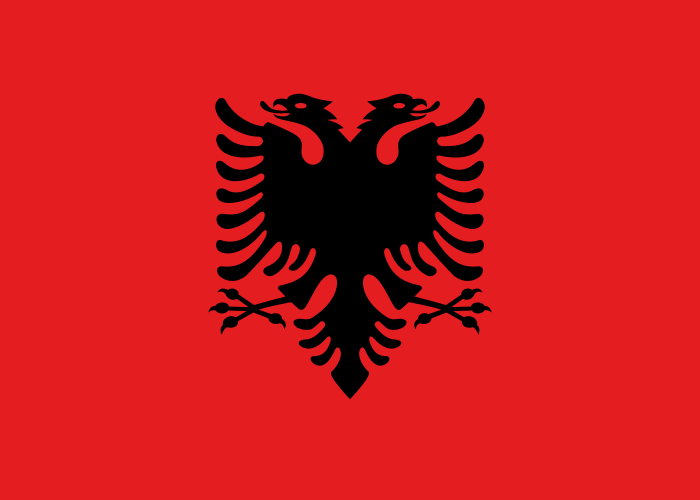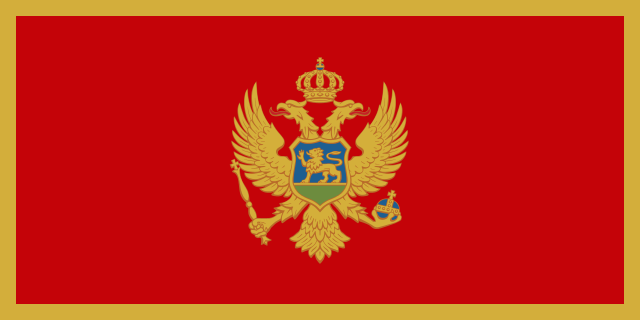Compilation of a feasibility study and a business case on climate protection based renewal and revitalization of maritime and transportation infrastructure hubs in Albania and Montenegro
Beneficiary Countries:
Short description of the overall project
The goal of the project is to study the freight ports of the South Adriatic, the Durres Port in Albania, and the two-part port (Luka Bar and Port of Adria) in Montenegro. In recent years the growing environmental and health impacts of road transport and the associated rising costs have given new impetus to water transport. While seaports are vital to the economic development of the surrounding areas, the associated shipping, loading and handling of goods in ports and logistical distribution can have a number of negative environmental impacts. The volume of water transport is growing again, however, while its efficiency is reducing the global impact of transport, it is causing new environmental problems in port areas. Beyond the examinations of technological nature, the project will also cover the investigation of whether the ownership structure of the maritime intermodal logistical hubs in question, the intentions of said owners and the local business models show opportunities for the involvement of a Hungarian investor or a Hungarian-led consortium of investors in the full renewal of these targets, potentially even transcending climate protection aspects. The scope covers the potential financing options of such an investment as well.
Short description of activities financed by the donation
In this study beneficiary will examine development options of the port environments in the spirit of sustainable development. Sources of pollution from ships, non-ship port activities and industrial activities in port areas are analyzed for air, water, soil, waste and noise aspects too. Based on the pollutant propagation models, beneficiary will examine the impact area and review current emission sources, analyze technologies to reduce environmental impacts, and make proposals to increase energy efficiency and reduce environmental impact. Due to the coastal locations, the project also wants to identify adaptation and mitigation steps due to climate change.




